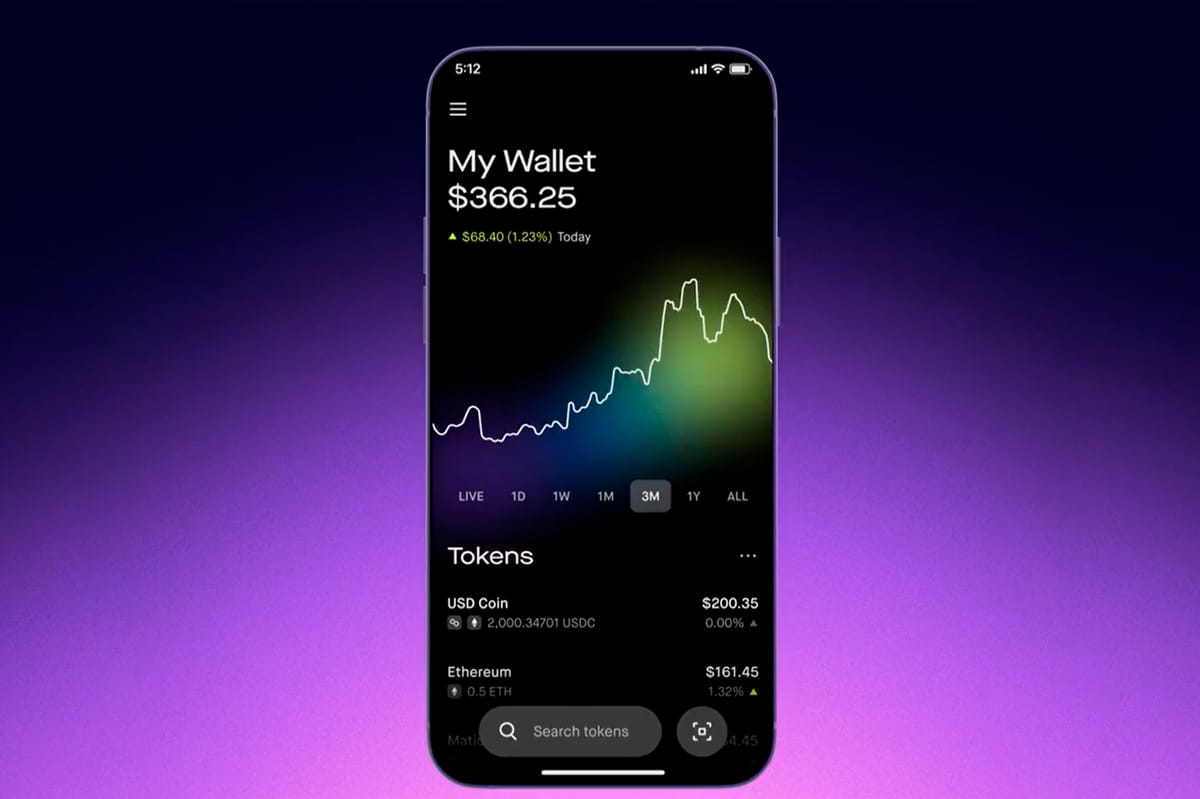
Robinhood is an American financial services company founded by Vladimir Tenev and Baiju Bhatt. They are involved in providing various exchange dealings, including cryptocurrencies and now they have another big project in the offering: the self-custody Robinhood Wallet.
The Robinhood wallet is very different from an application which can just show your balances and transfer crypto. The new wallet is much more comparable to product offerings from the likes of MetaMask or Coinbase.
The Robinhood Wallet was launched on January 19. The launch of the wallet was announced on Twitter by Johann Kerbrat – Crypto General Manager of Robinhood.
GM! We’ve started to roll out #RobinhoodWallet to our 1M+ waitlist. We’ve made some awesome changes since the beta program based on customer feedback and are excited to get them into your hands. (1/6) pic.twitter.com/EMKSjQqYNX
— Johann Kerbrat (@JohannKerbrat) January 19, 2023
So far, the wallet app is only available for iOS users. The wallet allows you to store and use assets on the Polygon and Ethereum networks. NFTs on these networks can also be stored and transferred using the Robinhood Wallet.
We’ve also added support for NFTs on both Ethereum & Polygon, so you’re able to safely view and store your favorite collections. (3/6)
— Johann Kerbrat (@JohannKerbrat) January 19, 2023
The wallet is still in beta testing, with not all of the expected functionality yet deployed. For example, currently there is no way of creating multiple wallets, although this is a feature seen in many competing products.
So, which is better: a hardware or self-custodial wallet? In the former, you get security, for which you will have to pay for. In the latter, you get a convenient but vulnerable tool, for free. Decide for yourself, dear readers, what is more important for you. And we continue to observe.

